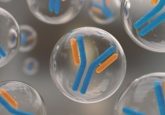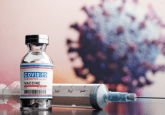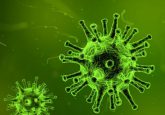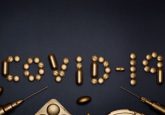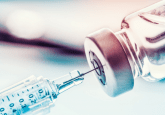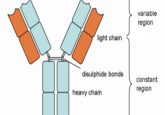Lab-made mimic allows for safer study of SARS-CoV-2
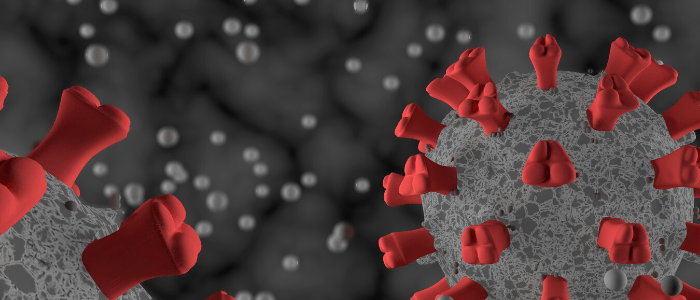
A lab-made hybrid virus that mimics the infectious properties of SARS-CoV-2 without the risk of human transmission could allow more researchers to join the fight against COVID-19.
Due to its highly contagious nature, SARS-CoV-2 can only be studied safely under high biosafety level (BSL) conditions. When working with the virus, researchers must wear full-body biohazard suits and labs are required to have specialized ventilation systems. While beneficial for those involved, this limits who is able to work on the virus as many labs lack the necessary facilities.
If you would like to keep up to date with our content on coronavirus, you can sign up for our site here, where you can subscribe to our newsletters for free!
In order to overcome this and create a model virus that is safer to work with, researchers at the Washington University School of Medicine (MO, USA) developed a genetically modified hybrid virus that contains a gene from SARS-CoV-2. The addition of the SARS-CoV-2 gene means that the lab-made virus is able to infect cells and be recognized by antibodies like SARS-CoV-2, but can be handled under normal lab conditions.
“One of the problems in evaluating neutralizing antibodies is that a lot of these tests require a BSL-3 facility, and most clinical labs and companies don’t have BSL-3 facilities,” explained co-senior author Michael Diamond. “With this surrogate virus, you can take serum, plasma or antibodies and do high-throughput analyses at BSL-2 levels, which every lab has, without a risk of getting infected.”
To create their hybrid virus, the team started with the vesicular stomatitis virus (VSV) – a staple of many virology labs due to its innocuous nature. Using gene editing techniques, they removed the surface protein of the VSV and replaced it with the spike protein of SARS-CoV-2, creating a hybrid virus that can target cells but lacks the genes required to cause severe disease.
 No prob-llama: SARS-CoV-2 neutralized by engineered llama antibodies
No prob-llama: SARS-CoV-2 neutralized by engineered llama antibodies
Two different research groups have demonstrated that engineered llama antibodies are able to neutralize the SARS-CoV-2 virus, presenting a potential new treatment for severe cases of COVID-19.
Naming their creation VSV-SARS-CoV-2 the researchers tested it using COVID-19 convalescent serum and purified antibodies, finding that the hybrid was recognized by the antibodies much like the original virus; antibodies that could block infection of SARS-CoV-2 could also block the lab-made virus and vice versa.
The work has recently been published in Cell Host & Microbe and VSV-SARS-CoV-2 is already in high demand; “I’ve never had this many requests for a scientific material in such a short period of time,” commented Sean Whelan, the other co-senior author on the paper. “We’ve distributed the virus to researchers in Argentina, Brazil, Mexico, Canada and, of course, all over the USA. We have requests pending from the UK and Germany.”
It is hoped that the lab-made virus will help more scientists to conduct research on SARS-CoV-2 and find answers to the as-yet unanswered questions that surround the virus and the disease it causes. With applications in assessing vaccine candidates, identifying antibodies for antiviral drug development and assessing the suitability of COVID-19 convalescent serum for donation, VSV-SARS-CoV-2 could be vital in allowing a greater number of scientists join the fight against COVID-19.
Alongside its benefits in the lab, the authors also note that VSV-SARS-CoV-2 is a potential vaccine candidate as it looks like SARS-CoV-2 to the human immune system yet does not cause disease. They are now conducting animal studies to test the suitability of their lab-made virus.
